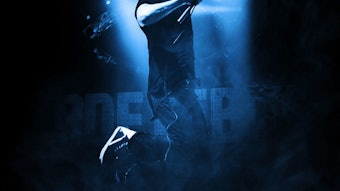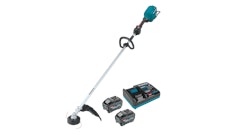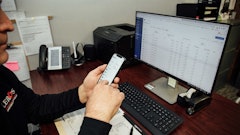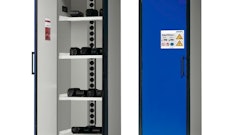Businesses lose more than $100 billion a year to cyber attacks and fraud globally. To protect your own company, follow these tips from well-known cyber security expert Clinton Henry.
1. Engage and educate your employees
It’s important that you create a culture of security within your organization because security is everyone’s responsibility. The majority of attackers gain access to networks via social engineering and the manipulation of a user within an organization, not via command line hacking. Why would someone spend days trying to crack your accountant’s password when they can simply call your IT desk pretending to be your accountant and ask him to reset it to something new?
2. Anti-virus
Having an up to date anti-virus deployed on all of your desktops and servers is vital. An unprotected computer is an easy target for a motivated attacker. Don’t make it easy on them. Pay for anti-virus and make sure it’s regularly updated by your IT staff.
3. Password management
It’s important that you and your employees leverage strong, complicated passwords that aren’t easy to guess. There are now hacking applications you can plug into a computer that will run through the most common 10,000 passwords used in about four minutes, trying each of them. You’d be surprised how many folks with access to critical data have the password of “password".
4. Secure your networks
Without getting too technical, just know that having a firewall between your corporate network and the internet is very important. If you don’t, there is very little stopping someone from freely accessing your data.
5. Secure your cloud
No matter what cloud provider or service you use, make sure you do your due diligence on their security practices. If they can’t easily and quickly tell you how your data is secured, odds are it isn’t. Also, for any accounts used to access your firm’s data, make sure you have strong passwords and only access it via a computer you own or trust. If you access your cloud on an infected machine, a hacker could potentially learn your password and use it later on without your knowledge.
6. Protect your banking information
Make sure that all financial data, accounts and records are kept secure and segregated from the rest of your business’s general shared drives. If financial transactions are conducted electronically, ensure they are done over an encrypted connection and that your employees never email account numbers, credit card information, or sensitive financial documents.
7. Backups
One of the most common types of breaches is called a “ransomware” attack. Instead of “stealing” data from your organization, these attackers find your critical data and then encrypt it (digitally locking you out of it), making it so only the person with the digital “key” can unlock and access that data. The hackers then offer the victim access to the “key” for a very large fee.
If hit with one of these attacks, you have two options: pay the fee or restore the locked data from a recent backup. This is why backups are so important.
8. Physical security
Ensure that your partners, trusted employees and finance team lock away any sensitive documents when they aren’t working with them.
9. Mobile devices
Make sure that all mobile devices used to access corporate data have passwords (your email server can force this requirement). If you have employees who use laptops, look at having the hard drives encrypted. Most modern operating systems have encryption built in (you just have to enable the feature), and it’s foolish not to leverage it. If an employee accidently leaves a laptop at a restaurant or meeting venue, you’ll be guaranteed that all data is secure and protected.
Clinton Henry is one of the world’s leading cybersecurity and identify theft experts. Known for his engaging keynotes and insightful perspective, Clinton has amassed a loyal following of business and IT executives who look to him for guidance on how to protect their corporate profits and reputation from attack or compromise. Visit ClintonHenry.com for more information.


























